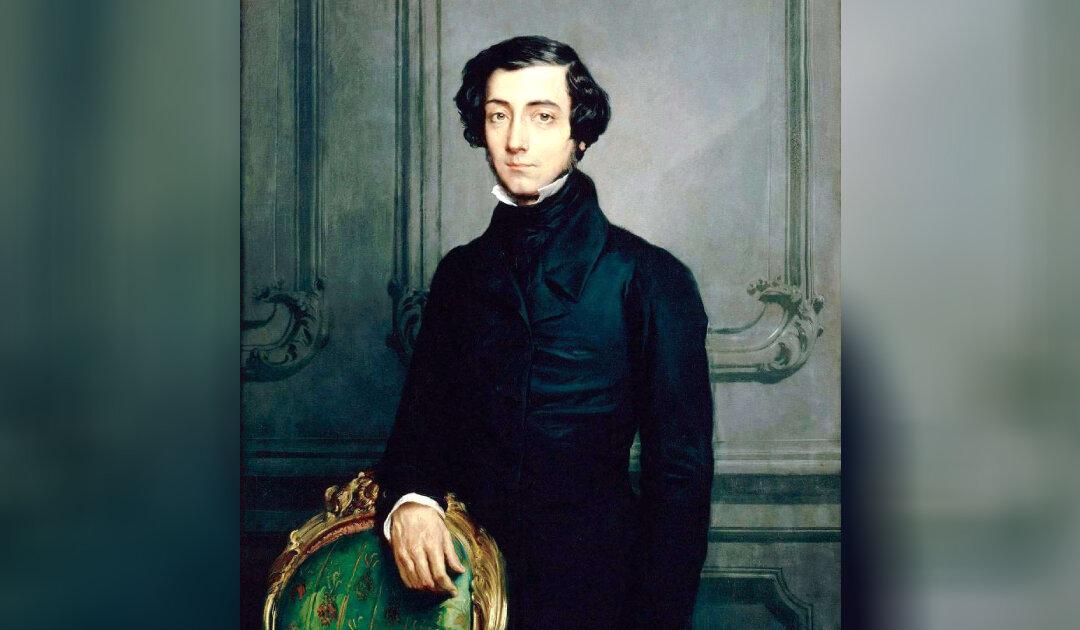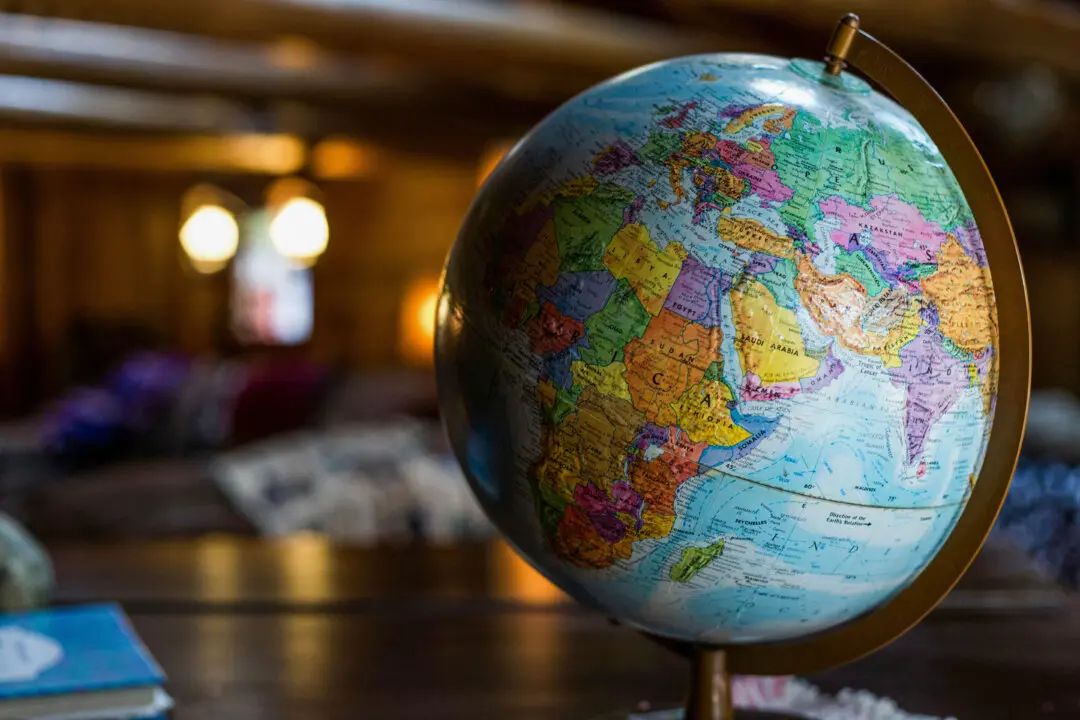Commentary
There is a man whose name is regularly resurrected when looking back to America’s infancy for clues to its greatness and exceptionalism: It’s the name of Alexis de Tocqueville, the diminutive French aristocrat who wrote one of the world’s most significant books and amazingly roamed the very woods and waterways that many of us roam today, nearly 200 years later.





